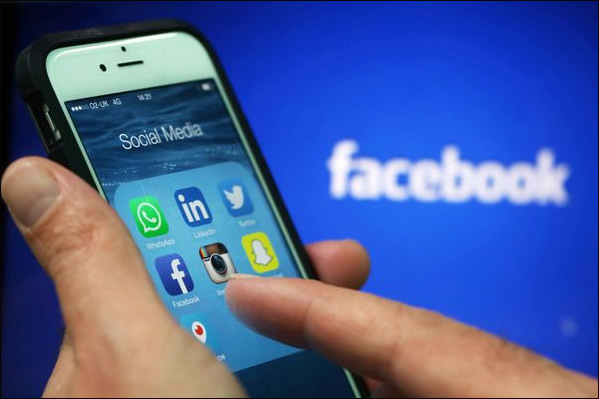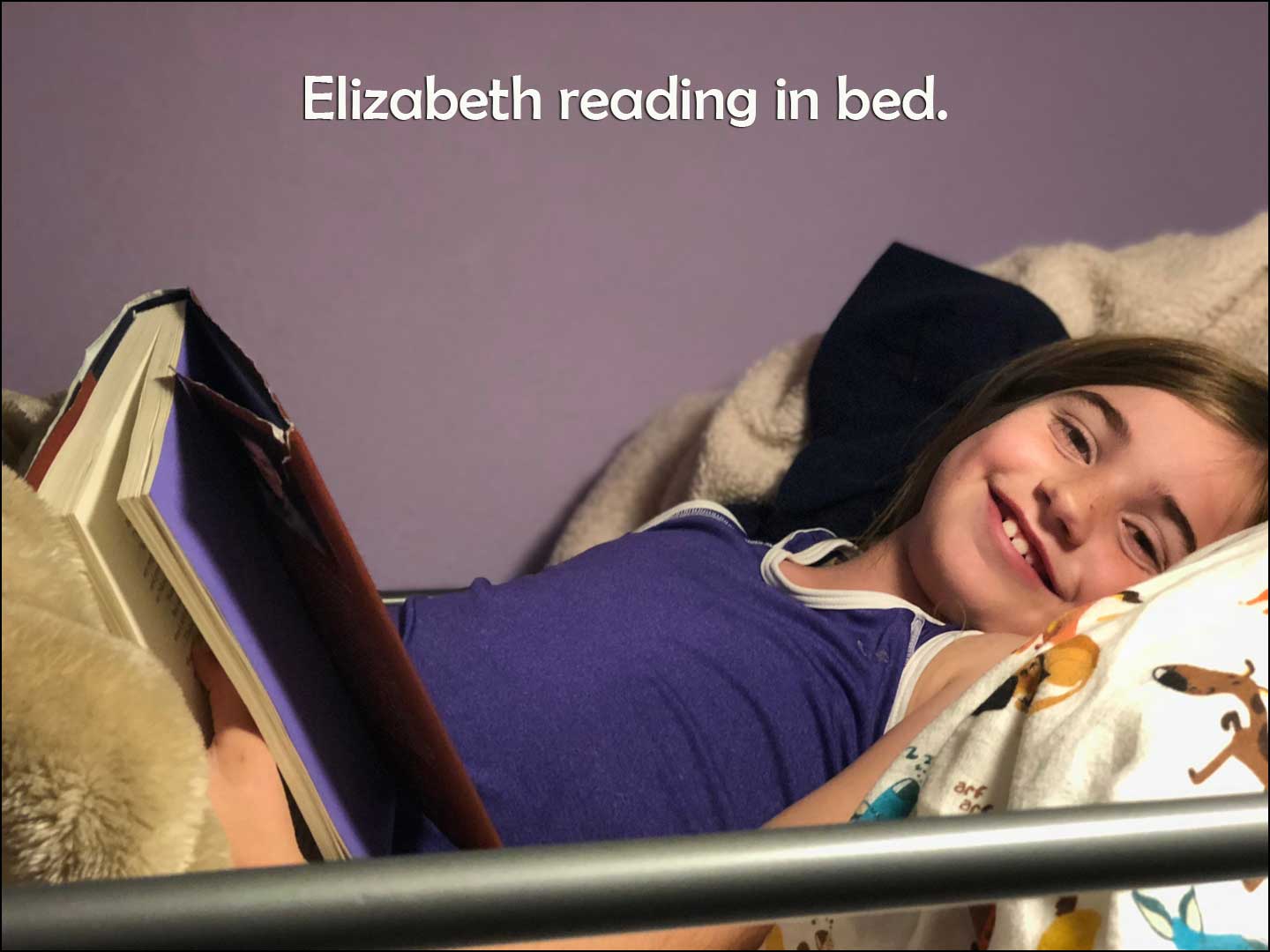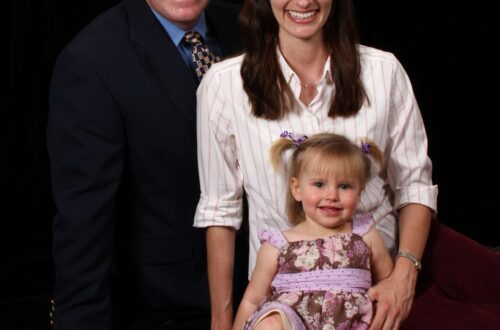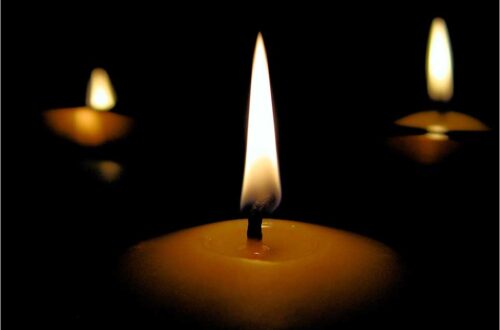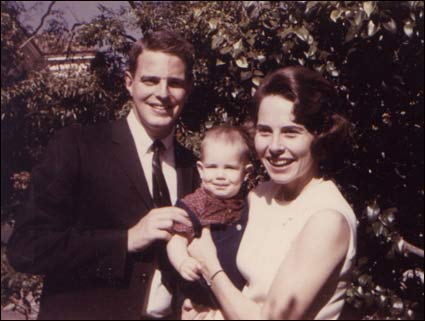Back in the early days of the Internet it was not uncommon to have a “personal webpage.” It was in this environment that I started my own.
More than twenty years later the topography of the Internet has changed. Fewer persons use “computers” (desktop or laptop) to access online, and use their “mobile devices” (cell phone or tablet). The HTML has changed over two decades: today webpages look different, and they load differently. The World Wide Web used to be almost entirely text, but now video is at least as prevalent as text. The Internet used to be more populated by individuals, usually “early adopters.” Now commerce and advertising have moved in to populate the Internet.
But perhaps most importantly, social media arrived. Everyday people began to share bits of their lives over Facebook, Instagram, Twitter, Snapchat — this almost IS the Internet nowadays when it comes to communicating online. And “personal webpages” like mine, have almost disappeared. Sure, I see the occasional personal webpage for writers or celebrities, but they function more as a vanity page — a business card, or a resume — than as a genuine source of creative endeavor. There are still some “bloggers,” but even that title begins to sound anachronistic in 2018. The World Wide Web is less important and mobile Internet applications much more important. Social media is where people communicate, and I am no different.
My students got their teacher, me, to sign up on Myspace back in 2003, after much pleading. I did not see the appeal, but I placated my students and started my own Myspace page. This was my beginning in social media. My students brought me along with them as they migrated from Myspace to Facebook, and for a number of years I communicated my class assignments and projects with students via Facebook. It was not so much that I liked Facebook, but that is where my students were so that is where I went. I was even told indirectly not to communicate with students outside of district email, but I pretty much ignored that. Facebook was where it was at, and it was edgy and new and au courant. Then around 2012 or so my students disappeared from Facebook and went elsewhere: Facebook was outré with teenagers. Facebook was where their parents and other adults lived. The teenagers were gone from Facebook.
Now they are on Snapchat, Instagram, Youtube, Twitter, and God knows what else. Curiously, I have not much desire to “follow” my students online anymore. Maybe I am older and less curious, or maybe my jaded eyes are glazed over by adolescent angst. I sort of suspect the kids are doing what the kids always do. I am paying attention elsewhere.
But it is almost not hyperbole to say that nowadays social media IS the Internet. For many persons their Facebook and Instagram postings, Snapchat “stories,” Twitter “tweets,” and Youtube videos and comments thereon ARE their online footprint. This leaves me feeling profoundly ambivalent.
A bunch of snippets of text bouncing around social media? Carefully cultivated photos on your Instagram feed? This is your contribution to our capacity to communicate and share our lives? To express honestly and forthrightly the good, the bad, and the ugly of what it means to be you?
Facebook at first was to communicate with my students. Then a good chunk of my high school and college friends got on Facebook around 2009, and it was awesome to see them again! Just to see and hear updates on their lives every now and again — that was wonderful. It still is. Facebook had also become the place where I could stay abreast of what my former high school students — studying and graduating from college — as they progressed in “adult” life. I announced the start of labor of my youngest daughter on Facebook — it was literally her first announcement to the world. But by 2014 Facebook became the place to rant about politics, or to post caustic political/cultural messages. Then Facebook became the place populated by too many “trolls,” and even agents of hostile governments like Russia. It was no longer much “fun.” I posted an update with photos once every six months on Facebook and nothing else. I was pretty much done with Facebook. I would not delete my “Rantbook” account, as many I know did, as I still wanted to be able to check in with far-flung friends and family. But I would login only once a month or so after 2016.
By 2017 I had found a more possibilities on Twitter. I could “follow” a number of important political and cultural voices on Twitter and keep my thumb on the pulse of American intellectual zeitgeist. But I think I became too invested in cultural and political life, and huge amounts of time involved in following journalistic spats and what people think of Trump or gun control or income inequality or whatever. And, finally, Twitter began to look more than a little like a group of angry and embittered pundits trying to shout each other down.
I saw one person post a tweet that said she “would give up Twitter and start taking mixed martial arts.” I understand that. Armies of online trolls would savage anyone they disagreed with, and this was a bipartisan phenomenon: objectionable voices from either side of the political spectrum would be shouted down by torrents of angry postings. A new world “doxxing,” appeared in the lexicon, whereby hostile social media voices would find your address, threaten your life, and try to ruin your reputation. The Twitter-verse had come to look more than a little like a gladiator ring. Like much of the real world political discourse, communication on Twitter had become toxic.
By the beginning of 2018 I was wondering, Why I was on Twitter? Did I need this in my life? I would look at some of the millennials I knew from their student days, and they would have thousands and thousands of tweets. They lived their political and cultural lives largely around the larger cultural conversations on Twitter. Too often there was snark, name-calling, and caustic heckling more than reasoned conversation, nuance, or even agreeing to disagree. Does Twitter advance the national conversation on difficult and sensitive topics? Or does it make it worse? Even more mean-spirited?
I see these persons, 25 to 35 years of age, who say things to people online they would not say in real life. This is referred to as the “online disinhibition effect” – the absence of restraint and good judgement when a person says something in an aggressive, unrestrained manner which they would not do if they were face to face with that person. The quality of the conversation too often declines. It is easy in a fit of pique to call someone a “fascist” or a “communist” online. Harder to say, and really mean it, when you look into someone’s eyes. (Unless you are an asshole. Or unless you encounter that most rare animal, an actual Nazi or Communist.)
My gut, more than my head, told me to stop social media. It just felt bad. Abraham Lincoln had always been my hero when it came to being very careful in the use of language, in being able to maturely move difficult conversations forward with patience and vision. Lincoln was a champion of moderation in a time of polarization and hatred. But many of my former students — and many other Americans — had become enemies of political centrism by 2016 and were attracted to extreme figures like Bernie Sanders on one side or Donald Trump on the other. Sigh. Twas the nature of the times! The language had become caustic. Toxic. And on Twitter it was worse than in real life, believe it or not. Even more ad hominem arguing.
President Lincoln once wrote some sage and relevant words to James M. Cutts, Jr., a young army officer who had been court-martialed for arguing with his fellow officers:
“The advice of a father to his son “Beware of entrance to a quarrel, but being in, bear it that the opposed may beware of thee,” is good, and yet not the best. Quarrel not at all. No man resolved to make the most of himself, can spare time for personal contention. Still less can he afford to take all the consequences, including the vitiating of his temper, and the loss of self-control. Yield large things to which you can show no more than equal right; and yield lesser ones, though clearly your own.”
Anyone who wants to do well in life does not squander time and energy away in personal pissing contests. So why was I wasting time watching people yell at each other on Twitter? What profit was I gaining on this? Why would I want to enter the fray? These questions had been germinating in my mind for months.
So in January 2018 I finally announced I was leaving Twitter.
Some friends challenged me on this. I suspect they were saying, as right-thinking liberals, that persons of good faith need to stand up to the racist statements and illiberal policies of Donald Trump. Here is that final Twitter thread:

I was not leaving only because of outrage against Donald Trump when he made comments claiming too many immigrants came to the United States from “shit hole countries,” or that Moira Donegan had started a “shitty media men” list. But those two events in early January 2018 were the direct catalyst — the “straw that broke the camel’s back” — that convinced me to leave. I was leaving because of outrage at everything all time. I had been contemplating this for a long time. Then the moment arrived and I decided.
As of January 18th, 2018 I was done.
But I was not done. I will never post to Twitter again. But I ruthlessly purged those I follow on Twitter and reduced the number only to those whose posts seemed worth viewing, and I still check my timeline to find out what they are saying. I try to use Twitter consciously to get value out of it — which I do. But not to use Twitter (or any social media) beyond the value it gives. I don’t have any of these social media apps on my phone: if I want to access these accounts, I have to do it over the web. This discourages me from spending too much time on Twitter. That is the point.
My overall thinking is thus: with the precious time and energy I have in my life, I will try to use it wisely. Instead of pissing my time down the rabbit hole which is social media, I will read another book each week. I will think, write, and create. I will consciously use my time to the best advantage possible. I will be a good husband and father in person. Be the best athlete and friends I can irl (“in real life”). I will use the technology, instead of letting the technology use me.
So I am returning to my own webpage. Once my career hit high gear I rarely posted to my personal webpage, although I was prolific in my online spaces. I was busy working my career, getting married, and starting a family. My personal webpage suffered from decades of semi-neglect. It was on the verge of being an outdated format for communication. Nobody read it compared to what I posted on social media. But now I am moving in the opposite direction.
Some might criticize this choice by saying that on social media I have a larger audience and can engage in productive conversations that results in positive social change. Writing alone on your personal webpage means almost no readers and hence no societal change. This might be true. But my role model in my webpage has been Michel de Montaigne, not Saul Alinsky. There is enormous pleasure in taking a semi-intelligible thought or impression in one’s mind and crafting it into words that make that thought real through prose. That is where I will focus my intellectual energies moving forward — my time and effort. I am going back to my own past (late 1990s) when my personal webpage was my baby. As a writer.
In contrast to 1996, I am disappointed with what the Internet has evolved into. All the commerce and advertising and pornography and online videos. The click bait. This is our online life? The Facebook posts and 280 character tweets bouncing back and forth. The biased news and disinformation campaigns and ranting and raving, and the move away from log-form text towards video and memes. This seems like a step backwards, not forwards, for the human mind. Does the Internet educate us? Or does online life confuse and distract us?
Many have claimed, as did Marshall McLuhan a century ago, that we are leaving three centuries of a text-based culture towards one based on audio-visual technologies. In the mid-19th century large crowds showed up to listen to Stephen Douglas and Abraham Lincoln debate and would patiently listen for hours. Now Donald Trump takes his reality TV show into politics and campaigns via semi-literate presidential Twitter bursts. If this is the future, I will turn my back on it.
There is Michel de Montaigne, my hero, the essayist. Then there is Abraham Lincoln, and the diarist George Templeton Strong — my focus will be on text, just like with them. The written word. The interior conversation. The ability to see clearly and speak intelligently, if at all possible. To understand myself and my place in the world. To create. To grow my soul. To be alive.
This switch to my personal webpage means I might not engage in the social media slug fests of the day. I may not be a “change agent” on social media fighting on the “correct side,” as some seem to have encouraged me to be.
I don’t care.
I will write almost everyday.
For myself.
Twitter will be OK without me.
No apologies.

